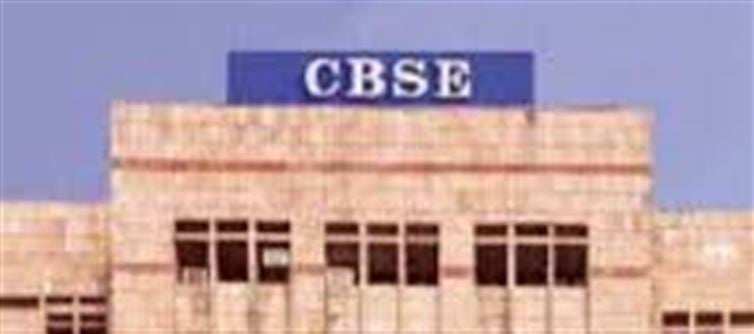
The Central Board of Secondary education (CBSE) has issued updated guidelines to schools to streamline the process of correcting demographic details for Class 10 and Class 12 students. The board has been receiving a significant number of incomplete and delayed correction requests, which have been causing delays in the issuance of certificates and other documents.
Here’s what you need to know about the new CBSE guidelines and the key points to ensure a smooth process:
Key Changes and Guidelines:
Importance of Correct Student Details
The demographic details (such as name, parent's name, and date of birth) on Class 10 and Class 12 certificates must be accurate.
CBSE highlighted that incorrect data can create complications for students, especially when applying for higher education or jobs.
Multiple Opportunities for Validation
CBSE has provided nearly 20 opportunities for schools to verify and validate student details at various stages:
Class IX registration
Correction windows
LOC (List of Candidates) submission
Admit card issuance
Mark sheet issuance
Common Errors in Correction Requests
Incomplete requests: Schools often fail to provide the necessary documents or provide incomplete correction requests.
Unclear or altered documents: Sometimes, the documents provided by schools are unclear or tampered with.
Delayed responses: In some cases, schools do not respond in time when CBSE requests further clarification, causing unnecessary delays.
Strict Directions to Schools
Admission Stage Validation: Schools are required to ensure that student records are accurate right at the time of admission.
Written Assurance: Schools must obtain a written assurance from parents confirming the correctness of the details provided.
Complete Documentation: When sending requests for corrections, schools must provide certified documents and ensure the requests are complete.
Rejection of Partial Requests: Any incomplete requests will be rejected outright.
Instructions for Students:
Do Not Approach CBSE Directly
CBSE has advised students not to directly approach the Board for corrections.
Any legal notices or applications sent directly to CBSE will result in unnecessary delays due to the absence of school records.
Students should route their correction requests through their schools, which will handle the process more efficiently.
Faster Resolution Through Schools
By following the correct process through their schools, students will ensure quicker resolutions and avoid delays in receiving corrected certificates and other official documents.
Conclusion:
CBSE’s fresh guidelines aim to eliminate errors and accelerate the correction process for student records. By ensuring accurate data entry at the initial stages and following a streamlined procedure, students and schools can avoid delays and the hassle of frequent correction requests.
Schools must take immediate steps to verify demographic details during admission and registration to avoid complications later. students, on the other hand, are advised to cooperate with schools and refrain from contacting CBSE directly for faster and more efficient processing.
.jpg)




 click and follow Indiaherald WhatsApp channel
click and follow Indiaherald WhatsApp channel